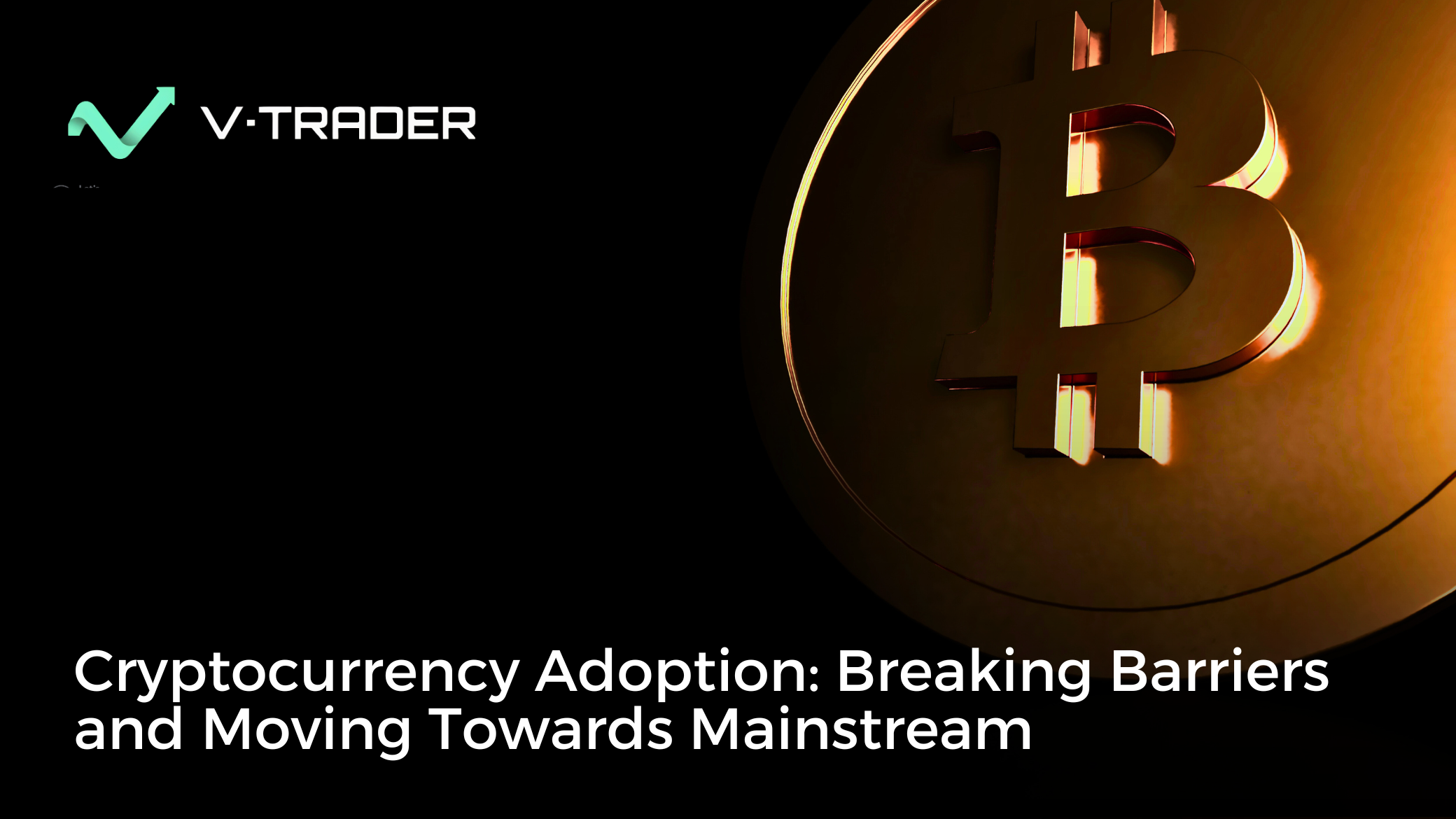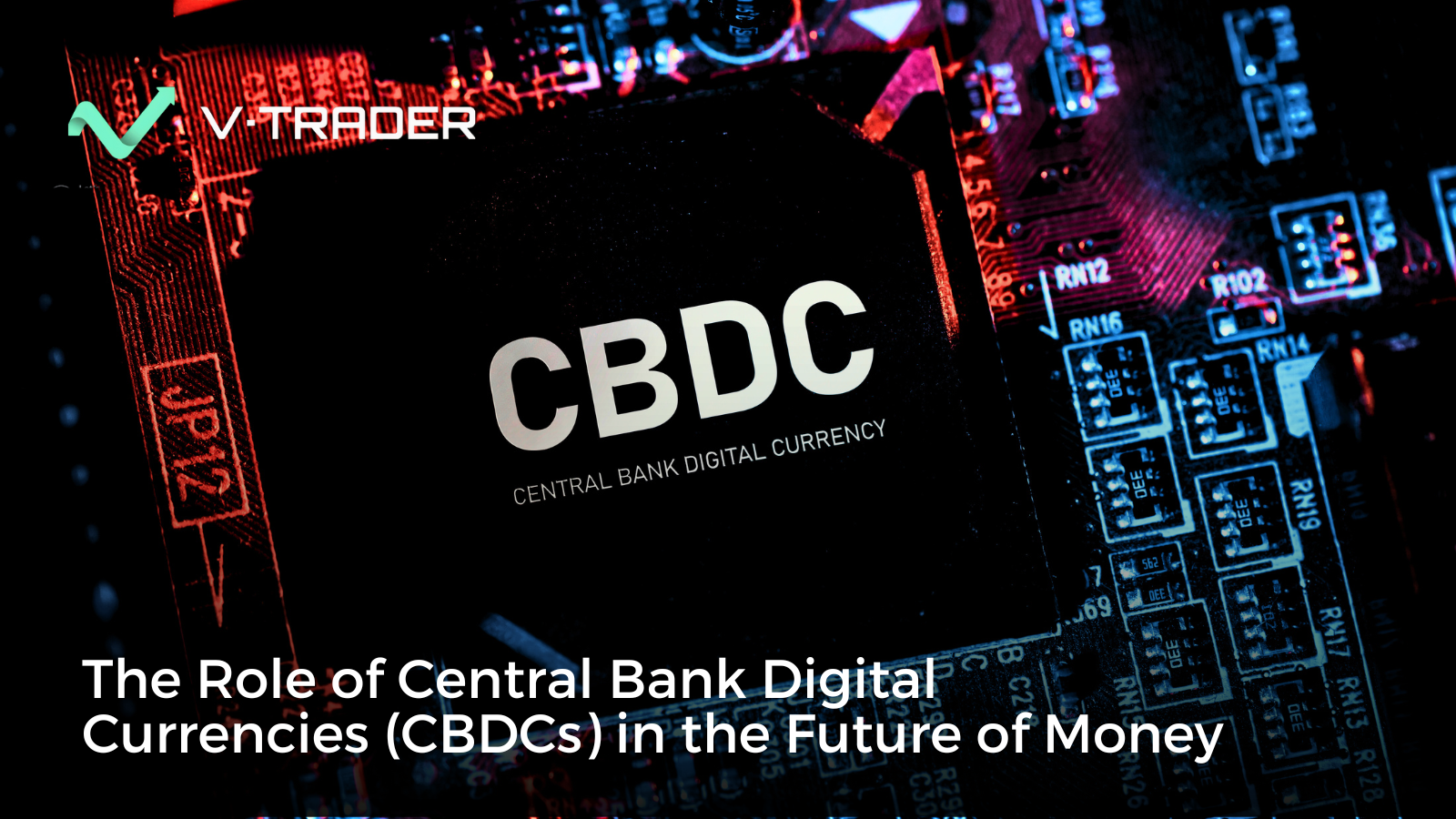The Maldives is making waves in the financial technology sector with a bold plan to establish a sprawling $9 billion crypto and blockchain hub in its capital, Malé. Signed just today, May 4, 2025, the agreement between the Maldivian government and MBS Global Investments—a Dubai-based family office—aims to pivot the nation’s economy away from its traditional reliance on tourism and fisheries toward a future defined by digital innovation and foreign investment.
Ambitious Plans in the Heart of Malé
The proposed development, aptly named the Maldives International Financial Centre, is set to cover an impressive 830,000 square meters and promises to provide employment for up to 16,000 people. An undertaking of this magnitude is not just ambitious; it’s a strategic gamble to recalibrate the small island nation’s economic identity. With the project costs surpassing the Maldives’ annual GDP of $7 billion, the stakes are undeniably high.
Industry insiders are watching closely. “It’s a significant move,” shares Dr. Lina Ahmed, a blockchain economist based in Singapore. “The Maldives is positioning itself to ride the crest of the digital finance wave, but they’ll need to execute flawlessly to compete with established hubs.” This sentiment echoes the broader industry perspective that banks must adapt to the crypto revolution or risk obsolescence, as discussed in Eric Trump’s recent comments.
Navigating a Crowded Crypto Landscape
The Maldives’ aspirations to become a global fintech powerhouse must navigate a competitive landscape. Established players like Dubai, Singapore, and Hong Kong have already carved out substantial niches in the blockchain and Web3 sectors, leveraging favorable regulatory climates and robust financial ecosystems.
Take Dubai, for instance. The city has rapidly emerged as a beacon for crypto innovation, underpinned by a government that’s both tech-savvy and forward-thinking. Just last month, Dubai’s Land Department and the Virtual Assets Regulatory Authority announced a pioneering move to integrate the land registry with blockchain technology, a step that epitomizes Dubai’s commitment to real-world blockchain applications.
Hong Kong, too, maintains a compelling proposition. Its unique geopolitical standing as a bridge between Western markets and China has allowed it to thrive as a regulatory sandbox, attracting a multitude of Web3 and fintech firms. Ivan Ivanov, the global CEO of WOW Summit, highlights Hong Kong’s strategic advantage: “It’s not just about having regulations; it’s about having the right ones that encourage growth and innovation.” This regulatory focus is also a hot topic in the U.S., where Congress is preparing for intense debates over crypto legislation this summer.
The Road Ahead: Opportunities and Challenges
For the Maldives, the road to becoming a crypto haven is fraught with both opportunities and challenges. On the one hand, the global appetite for decentralized finance and blockchain technology is undeniable, promising a lucrative influx of investment if the Maldives plays its cards right. On the other hand, the nation must contend with infrastructure constraints and the need to build a tech-savvy workforce capable of sustaining such an ambitious project.
“There’s a palpable excitement in the air,” says Rajiv Patel, a blockchain strategist based in Dubai. “But transforming that excitement into a sustainable ecosystem will be the real test.”
As the Maldives embarks on this transformative journey, questions linger about the long-term viability of its crypto ambitions. Will the allure of a tropical crypto paradise be enough to lure investors away from the well-trodden paths of more established jurisdictions? Only time will tell.
What we do know is that the Maldives is no longer content to be just a tourist destination. As it ventures into the digital frontier, it seeks to redefine its place on the global stage. The outcome of this grand experiment could very well shape the next chapter of its economic story.
Source
This article is based on: Maldives to build $9 billion crypto hub to attract investment: Report
Further Reading
Deepen your understanding with these related articles:
- AI-Powered Court System Is Coming to Crypto With GenLayer
- Sam Altman’s World Crypto Project Launches in US With Eye-Scanning Orbs in 6 Cities
- Crypto Coalition Tells SEC Staking Is ‘Essential Good,’ Not a Security

Steve Gregory is a lawyer in the United States who specializes in licensing for cryptocurrency companies and products. Steve began his career as an attorney in 2015 but made the switch to working in cryptocurrency full time shortly after joining the original team at Gemini Trust Company, an early cryptocurrency exchange based in New York City. Steve then joined CEX.io and was able to launch their regulated US-based cryptocurrency. Steve then went on to become the CEO at currency.com when he ran for four years and was able to lead currency.com to being fully acquired in 2025.

